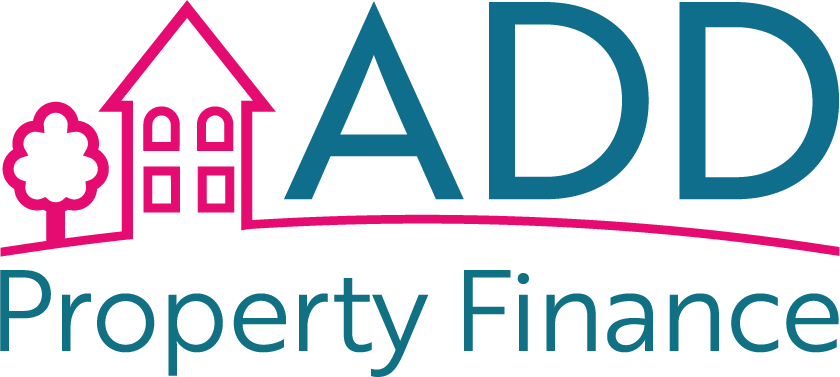Remortgaging, the process of refinancing your existing mortgage, is not a decision to be taken lightly. It’s influenced by various factors, and among the most significant are economic conditions. Economic factors like interest rates, inflation and the overall financial landscape can play a pivotal role in determining the timing and terms of a remortgage. In this article, we’ll explore how these economic factors can impact your remortgaging decisions.
1. Interest Rates
a. Rising Interest Rates:
When interest rates are on the rise, homeowners often consider remortgaging to secure a lower fixed-rate mortgage. This can provide protection against future rate hikes and potentially lower monthly payments.
b. Falling Interest Rates:
Conversely, when interest rates are falling, remortgaging can help homeowners take advantage of lower rates to reduce their monthly payments or pay off their mortgage sooner.
c. Fixed vs. Variable Rate Mortgages:
Economic factors can influence the choice between fixed and variable rate mortgages. In a rising rate environment, fixed-rate mortgages offer stability, while variable rates may be more appealing when rates are falling.
2. Inflation
a. Impact on Mortgage Costs:
Inflation erodes the purchasing power of money over time. This means that in an inflationary environment, the real value of your mortgage debt decreases, making it easier to pay off over the long term.
b. Income Adjustments:
Economic conditions can affect your income. During periods of high inflation, you may receive salary increases or other income adjustments, which can make managing your mortgage more manageable.
3. Economic Uncertainty
a. Job Security:
Economic uncertainty, such as a recession or economic downturn, can affect job security. Homeowners may consider remortgaging to lower monthly payments in case of unexpected financial challenges.
b. Home Equity Preservation:
Economic instability can lead to fluctuations in property values. Homeowners may remortgage to access equity or secure a more stable financial position.
4. Market Competition
a. Lender Competition:
Economic factors can influence lender competition. When the economy is strong, lenders may compete by offering better terms and deals to attract borrowers, making it an opportune time for remortgaging.
5. Future Financial Goals
a. Economic Planning:
Economic conditions can impact your long-term financial goals. Remortgaging can help align your mortgage terms with your financial objectives, whether it’s saving for retirement, education, or investments.
Conclusion
Economic factors are a crucial consideration when contemplating a remortgage. Interest rates, inflation, economic stability, and market competition can all influence the timing and terms of your remortgage decision. To make an informed choice, it’s essential to stay informed about economic trends, consult with financial experts, and assess your personal financial goals. By carefully considering these factors, you can navigate the remortgage process with confidence and make decisions that align with your financial well-being. Remember that the economic landscape is constantly evolving, so regular review of your mortgage terms is a prudent financial practice.







